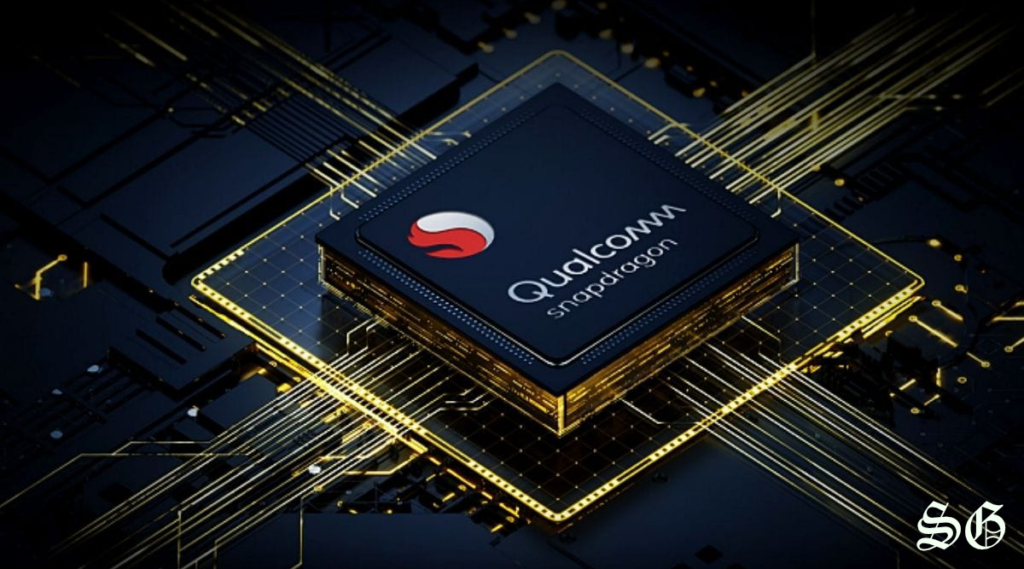Table of Contents
Qualcomm Wins Key Legal Victory Over Arm, Strengthening Its Push into Laptop Market

Qualcomm’s Legal Victory Clears Path for Laptop Chip Expansion
Qualcomm has emerged victorious in a U.S. federal court case against Arm Holdings, affirming its right to innovate and continue pushing its mobile chip technology into the laptop market. While the jury’s decision resolved some key questions, it left others unresolved, leading to a mistrial. Despite this, Qualcomm’s success in two of the three disputed issues is seen as a significant win for its future ambitions in personal computing.
Key Court Ruling
The jury determined that Qualcomm’s chips, which incorporate Nuvia technology, are properly licensed under Qualcomm’s agreement with Arm. This clears the way for Qualcomm to continue selling its chips, which are central to its efforts in the AI-driven laptop chip market. The decision also vindicated Qualcomm’s position regarding its right to use Nuvia’s technology after acquiring the startup in 2021.
Mistrial on Key License Question
The jury, however, was unable to reach a unanimous verdict on whether Nuvia had breached its license with Arm, resulting in a mistrial on that issue. This question, which focused on the terms of the licensing agreement, remains unresolved, and the possibility of a new trial looms.
Arm’s Response and Future Legal Plans
Following the verdict, Arm expressed disappointment over the jury’s inability to reach consensus on its claims. The company remains committed to protecting its intellectual property and has stated its intention to seek a new trial. Judge Maryellen Noreika, overseeing the case, suggested that the parties consider mediation to resolve their dispute outside of court.
Implications for Qualcomm’s Laptop Strategy
Despite the unresolved issues, the verdict provides a more favorable outlook for Qualcomm’s foray into the personal computer market. The case’s outcome alleviates concerns about Qualcomm potentially losing access to Nuvia’s computing cores, which are vital for the company’s push into AI-powered laptops.
The Broader Industry Impact
The dispute between Qualcomm and Arm highlights ongoing questions about the scope of Arm’s licensing agreements and its control over custom chip designs. While Arm licenses its architecture, companies like Qualcomm and Apple also develop their own custom cores. The legal battle has significant implications for the broader tech industry, especially for companies using Arm’s technology in everything from consumer electronics to high-tech systems like satellites.
The Road Ahead for Arm and Qualcomm
Despite the uncertainty surrounding the royalty rates and licensing terms, the trial’s outcome indicates that Qualcomm can proceed with its ambitions in the AI laptop market, where competition from companies like Nvidia, AMD, and MediaTek is heating up. However, the unresolved issues could lead to further litigation, keeping the future of Arm’s technology in the spotlight.